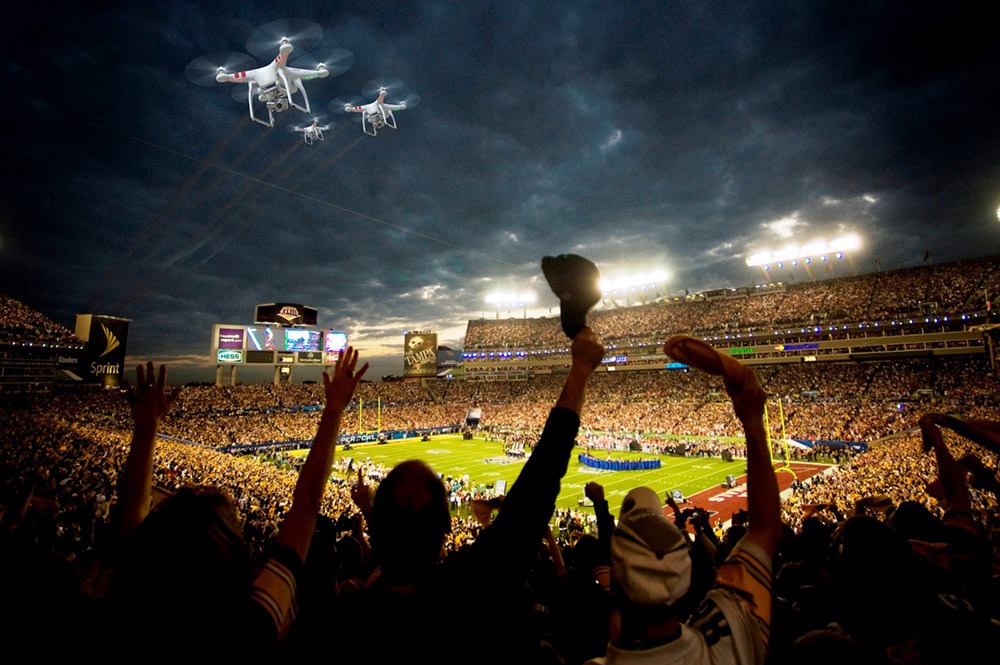[mkdf_dropcaps type=”normal” color=”#f55549″ background_color=””]S[/mkdf_dropcaps]
peaking to Ministry of Sport, EngageRM CEO and Basketball Australia chair, Ned Coten, said the digital transformation of the sporting world has been sped up with sponsorships under pressure and no/limited fans in attendance.
“The whole world of sport has changed considerably, we are seeing that the leagues and organisations that are getting back to sport are playing in venues that are empty, so fans have to be engaged in different ways and really what we focus on is a unified platform to really bring fans together to help teams win ultimately,” Coten told Ministry of Sport, discussing the work EngageRM does as a customer engagement platform, connecting fans and partners to sporting organisations.
“We really focus very much on fan engagement, on systems and processes that help sports organisations be more efficient and really gather all the data and information that they can in a really effective way.
“For many years, sports organisations have been really focused on technology on the field of play, anything that athletes wear, checking on the athletes side of using technology really effectively and now organisations are realising if they are to win and have long term success, they really have to do that in the front office.
“COVID-19 has really moved that forward really quickly, all of a sudden there’s no fans in the stadiums, partnerships and sponsorships are under pressure and things needed to be done in different ways.
“So technology is really important in that and we are at the forefront of really understanding sport and technology and having unique solutions to solve those problems.
“I think that what’s really happened is that the whole industry has been rapidly affected by COVID-19 and that teams in all conversations that I’m having are really thinking deeply about changing the whole business model that they operate under.
“One of the things were doing is running live events through Microsoft teams, for example.
“Money can’t buy experiences, like talking to a coach firsthand say right before a game, has always been possible through technology, but now it’s getting used.
“The fans are not on the grounds or in the venue anymore, that opportunity is now front and centre for people.
“There is a number of examples like that, where technology is enabling different ways of interacting and monetising…
“But what I think will happen is even once fans do go back to stadiums, we will see that continue, so the whole screen first experience will become more prevalent.
“Screens are here to stay, people are going to interact a lot more on screens, and so those sport organisations really need to think about how they’re going to, not just have it as a part of what they do, but how to have it as a centre of their strategy,” he said.
When asked about how he believes sport can recover from a global pandemic, Coten said the focus needs to be on grassroots sports first.
“There are different levels, the challenges for a professional team is paying salaries for athletes and venue costs, it’s quite different to the grassroots where children are coming into venues and playing in front of parents and they have different issues,” Coten said.
“It has to start at the grass roots, at a local level, where people are coming into stadiums and are participating in sport, because that’s where the future is.
“What we’re seeing, is on an elite level that can actually occur in a venue where there are no spectators.
“That will continue, and again technology is being used to ensure that interaction is maintained visually through tv and livestreaming, and through some of those other techniques discussed earlier.
“But at the grass roots, what’s critical is understanding what customer journeys look like and what does a child want to get out of a basketball game?
“There are social aspects, but what can you deliver to them in terms of their training before and after the game?
“How do you give information on warmups/warm downs and how to practice when you’re not necessarily in a team environment?
“Again, technology does that really well, we understand where people are.
“One of the things that will come a lot more critical is identity management, having really good insight on who’s going where to ensure that you’re going into the right environment in the right way and just keeping track of all that information.
“On one hand that’s really critical, in terms of getting back to the level of competition that we’ve seen in the past, we have to accept that it won’t be the same as it used to be.
“Therefore sport needs to become really innovative in the way we’re doing things, we’re doing things differently than the way we did things a few years ago and that really is quite fascinating.
“I often say that sport is business and emotion, the front office should operate with their heads, and those on the field with their hearts.
“This often gets mixed up a lot in my experience, so the emotional connection of a fan to their team is critical.
“So, what teams and leagues and going down to grassroots, what organisations need to do is to maintain that emotional connection that they have with their participants.
“Really, understanding what the customer journey is and how teams are going to get fans back into the venue,” he said.
Talking about how technology like EngageRM can help set a sporting organisation apart in the post-COVID-19 world with the return of live sport, Coten said technology is “a ticket into the game”.
“The first thing is to recognise that technology is no longer going to set you apart from your competitors, it’s a ticket into the game,” Coten said.
“If you’re not using technology and thinking about it, you’re already behind.
“Just simple things like having a CRM system that really captures all of the information, some of this stuff is simple.
“[EngageRM] is sophisticated and requires more engagement.
“Really, there is a lot of technology that will allow you to get a start, the first thing is realising that it is really critical, the second thing is to utilise the time you have now, the ‘down time’, to find new ways of doing things…
“There’s no question that the future of most industries, in particular sport, is going to be really driven very hard by the way technology works and there are a lot of good ways that don’t cost much or any money…
“You don’t have to understand every detail of it, you just have to understand what it can do.
“For anyone who’s working in sport learn about the relevant technology, whether it be on the field of play or in the front office, finance, marketing or anywhere else.
“Separate yourself by really understanding it.
“That’s critical going forward as technology is here to stay and hopefully, we can get back to it really soon,” he said.







